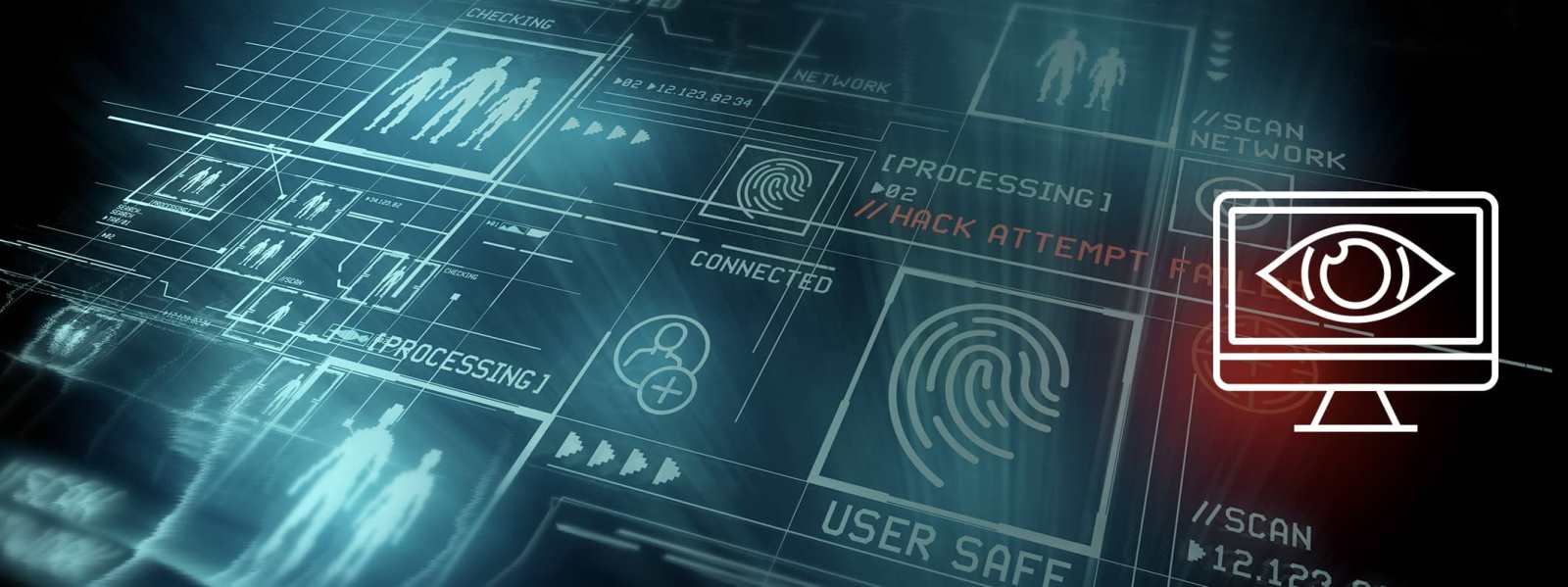It’s better to be safe than sorry. Acting fast can minimise the impact if your device or account has been compromised.
Contact the Helpdesk immediately in any of the following circumstances:
- you suspect that your University-owned device, or a personal device used to access University systems and data, has been infected with a virus, ransomware or any other type of malware
- your University-owned device, or a personal device used to access University systems and data, has been lost or stolen
- you suspect your University account has been compromised
